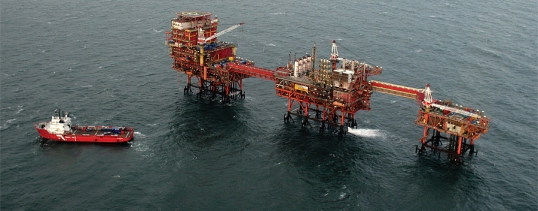Brexit Could Hike UK Energy Prices: Bros
A post-Brexit world could be disastrous for energy consumers in the UK, argues analyst Thierry Bros in a paper published by the Oxford Institute of Energy Studies January 30.
With dwindling gas production and major problems at its seasonal storage plant Rough, security of supply for a UK outside the European Union could come with a steep price tag, he says, depending on what steps the EU adopts. In any case, the UK will have to import much of its energy from foreign nations – the EU or Norway – and as the National Balancing Point (NBP) loses liquidity being outside the EU, it will become more volatile.
Bros draws out three conclusions. First, while in the last decade the UK's energy diplomacy has increasingly been handled by Brussels, with a concomitant decrease in home-grown knowledge and power, after Brexit the UK will need to negotiate not only with the EU but also with Norway which provides 38% of its gas; and with Russia.
Second, the value and the use of the two pipelines to the EU – the Balgzand-Bacton Line and Interconnector UK – and a third one connecting Scotland to the Republic of Ireland, which depends heavily on gas from or transiting the UK – could be affected by the outcome of negotiations from which the UK will be excluded.
Third, Brexit will have an impact on the difference in prices between the NBP and the Dutch equivalent, the Title Transfer Facility (TTF), with the NBP premium growing, particularly in winter.
"So far, NBP and TTF future curves are still aligned but as soon as draft negotiations on infrastructure are available, the market will adapt. "We believe that a possible outcome could be for the NBP premium to increase versus TTF particularly in winter. In addition, with the NBP becoming a smaller regional hub, trades will be reduced (and with financial services moving away from the UK, the NBP paper market could shrink), and NBP volatility could increase compared to the TTF," he says.
Centrica's Rough platforms

(Credit: Centrica Storage)
However it is not quite all doom and gloom: Gazprom could extend Nord Stream directly to the UK Continental Shelf, using spare capacity in pipelines for the final stretch of the journey from Yamal. That would make it free from any transit or tariff risk. And with Europe long in storage and talk of decommissioning on the agenda, it is also possible that the UK will use cheap capacity on the mainland and pay for the cost of transport to its own grid, rather than invest in new plant.
William Powell



